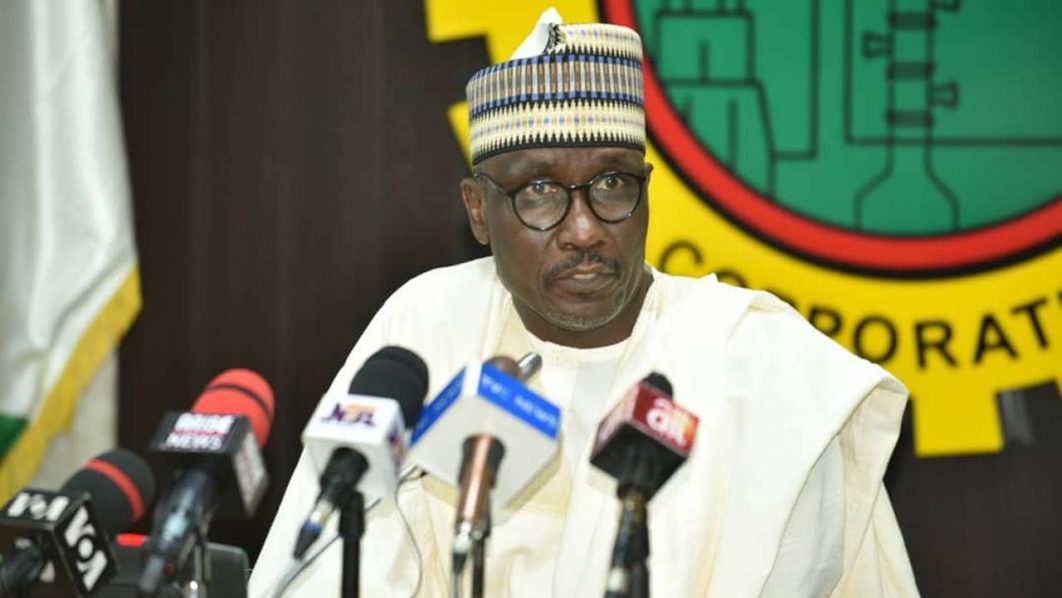
Speaking at this year’s pre-conference workshop organised by the Nigerian Association of Petroleum Explorationists (NAPE) and themed, “The next decade of oil and gas business in Nigeria: Impact of the energy transition”, the Senior Partner, Deloitte Nigeria, Olumide Esan, stated that except the Federal Government is intentional with infrastructure funding in oil and gas, not much should be expected from the PIA.
Esan added that decades of underfunding remain a challenge in the development of the nation’s oil and gas sector.
He noted that there are still issues to be addressed for Nigeria to enjoy the full benefits of PIA, stressing that no matter how great the PIA is, crude oil theft and insecurity would still be a bottleneck hindering the inflow of Foreign Direct Investments (FDIs) into Nigeria’s oil and gas space.
Earlier, the president, NAPE, Patricia Ochogbu, said the adverse global economic conditions occasioned by the COVID-19 pandemic negatively impacted the demand and price of crude oil for most of 2020, saying that it has come at a huge cost to the Nigerian economy which is dependent on the oil & gas sector for most of the government’s revenue, and over 90 percent of total export earnings.
She said in furtherance to the ‘decade of gas’ declaration by the Federal government rejected the concept of a single pathway to Energy Transition and net zero carbon, opting to continue to explore and invest in the development of hydrocarbon resources while pushing for the use of gas as the transition fuel.
She added that the objective of the workshop is to identify the challenges facing the Nigerian oil and gas industry in this dispensation of the new normal with regards to the future of gas in the energy mix and in the energy transition agenda of the nation in the coming period.
The Managing Director, TotalEnergies EP Nigeria Limited, Mike Sangster, noted that the case for investments envisaged by the PIA still has to be made in view of climate concerns and the attention on energy transition.
According to him, Nigeria may not have much choice over the speed and velocity of the energy transition, hence the need for the country to take maximum advantage of the deregulation of the industry and other welcome provisions of the PIA to exploit her petroleum resources, build critical infrastructure and position competitively in the energy transition.
The Managing Director, Newcross Petroleum Limited, Victor Sodje, said the impact of energy transition in the next decade of oil and gas business in Nigeria, is apt, but expressed concerns that investors who have invested heavily in the past decade, are yet to record some return on investment.
In his words, “The next decade of Oil and Gas business is going to be very challenging for those of us who have not been positioned strategically. The challenges facing us range from funding limitations (anchored by most international banks positioning away from fossil fuel), geopolitical challenges which impact our fiscalised volumes and the anticipated limited non-African demand for our crude oil.
“However, with over 50 per cent of our national budget being funded by fossil fuel, we as a country will face significant challenges and deficits if we don’t all take the challenge as a holistic national call for service to improve the nation’s revenue resource.”
According to him, all industry players are currently reviewing their strategies to focus on how to navigate the constrained environment, advising that in order to attract investment, stakeholders have to re-tool, to exploit opportunities currently available in the decade of gas while transiting into the energy mix.



